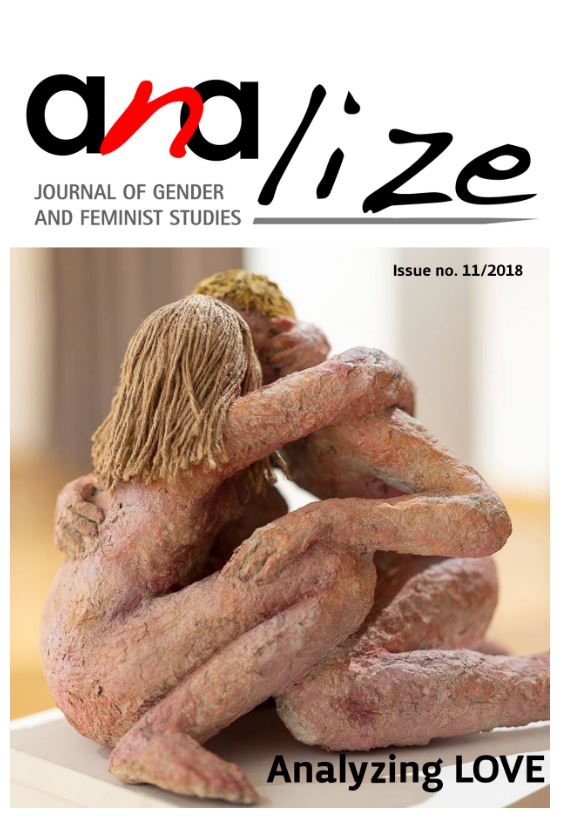Love as an Instrument of Oppression: Plato's Symposium and Contemporary Gender Relations
Love as an Instrument of Oppression: Plato's Symposium and Contemporary Gender Relations
Author(s): Oana UioreanSubject(s): Philosophy, Social Sciences, Gender Studies, Political Philosophy, Social Philosophy, Culture and social structure
Published by: Societatea de Analize Feministe AnA
Keywords: Plato; social reproduction; exploitation;patriarchy; capitalism;
Summary/Abstract: This paper proposes a re-reading of Plato’s Symposium through the lens of class theory and materialist feminism. I argue that the speeches contained in the text, and particularly the one delivered by Pausanias, outline a system of social closure designed to pass on privilege between worthy upper-class males in classical Greece, and at the same time to dominate women and keep them in their segregated place in order to exploit their labor for the biological and social reproduction of this class. Within this system, Love (with a capital L) played the role of organizing principle. The way in which love was expected to be offered or withheld structured the reproduction of the society Plato’s characters inhabited. I will argue that the result is a system of gender-based oppression that has undergone few essential changes across millennia and that endures under contemporary capitalism. Homoerotic love no longer plays the role of medium for the passing on of privilege and the adjacent domination of women. That territory is now occupied by heterosexual love, with the social attitudes and beliefs attached to it acting directly towards the oppression of women instead. This is done specifically through household and kinship relations.These are imposed on women through various coercive and cultural instruments, with the aim of appropriating their labor to support the production of surplus. Classical Greece upheld a proto-model of what we observe in contemporary configurations. It is important to recognize the constancy of gender oppression predicated on social reproduction in order to develop a gendered counterhistory of capitalism.
Journal: AnALize: Revista de studii feministe
- Issue Year: 2018
- Issue No: 11 (25)
- Page Range: 85-101
- Page Count: 17
- Language: English

